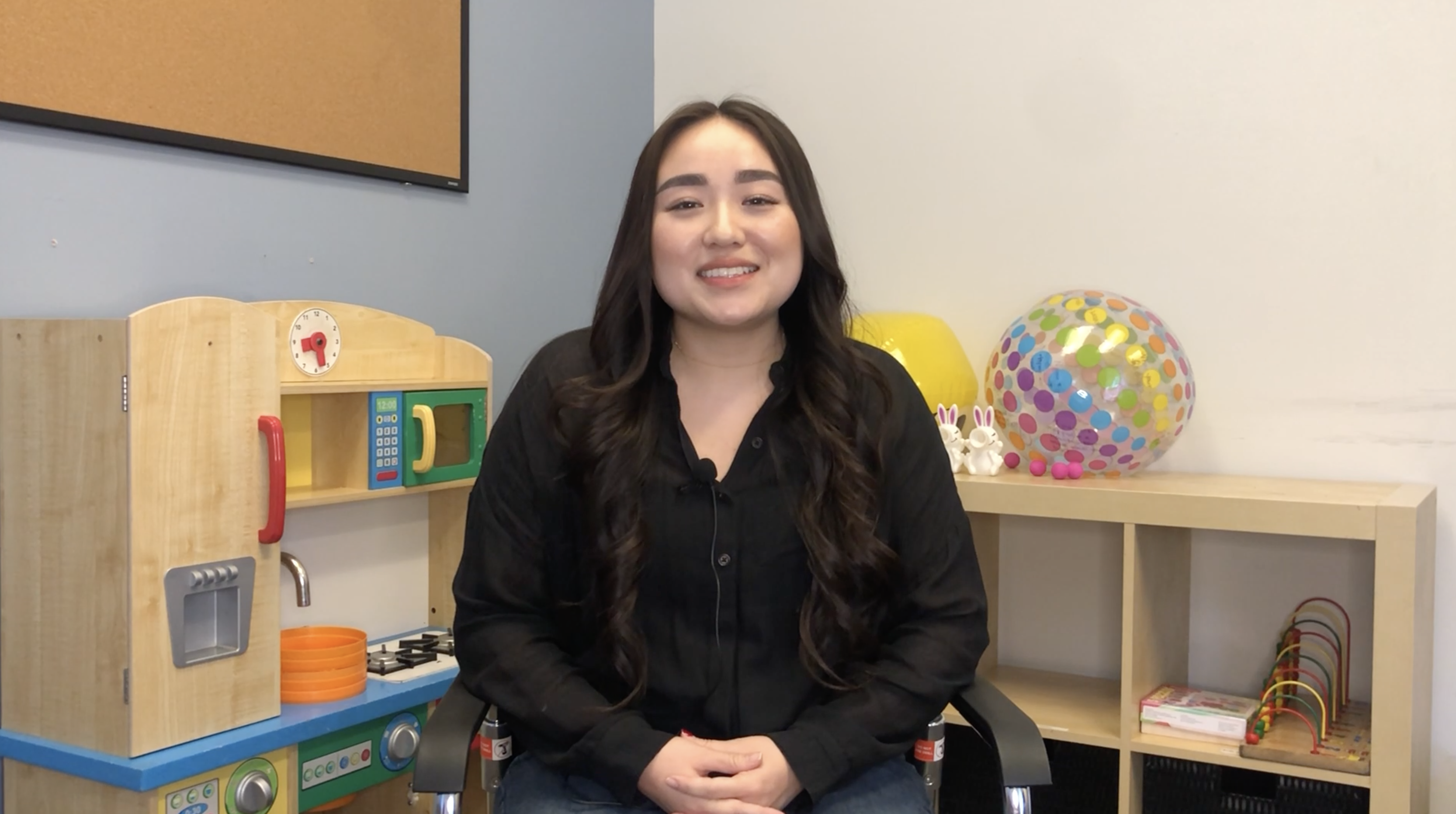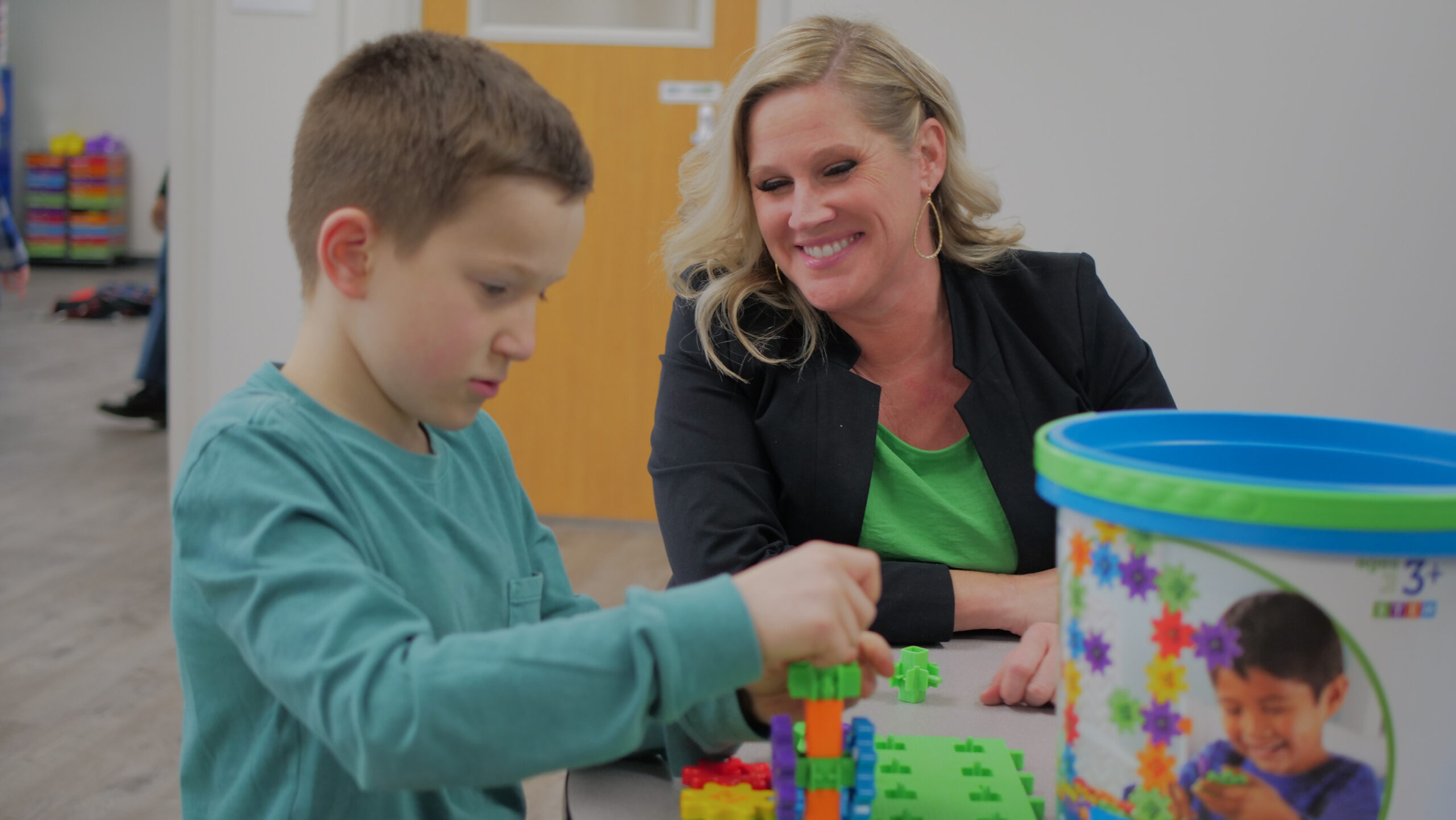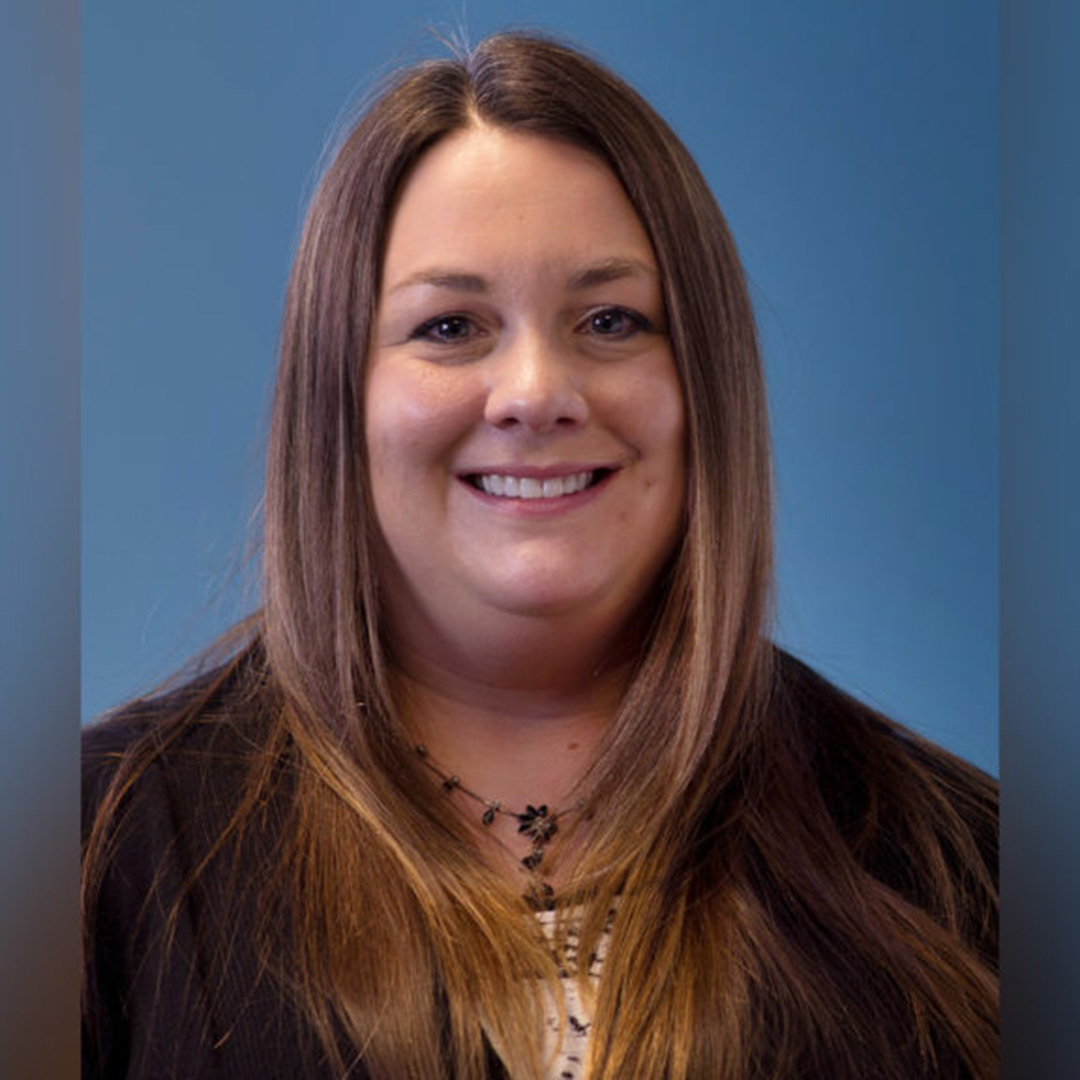Elisha Villanueva, board certified behavior analyst (BCBA) and assistant clinical director of California’s San Gabriel Valley region, just reached 20 incredible years with AST. Her two-decade journey stands as a testament to LEARN’s commitment to fostering professional development and creating a culture of mentorship and community.
From starting out as a behavior technician to now serving as an assistant clinical director, Elisha shows how employees can grow in their careers with LEARN. In our new blog series, “Milestone Moments,” we shine a spotlight on dedicated employees like Elisha who have achieved significant milestones, showcasing their growth and contributions to the organization and the greater field of applied behavior analysis (ABA).
As she celebrates this great achievement, LEARN had the opportunity to speak with her about her experience working at AST and what keeps her inspired to grow as a clinician.
How did you discover the job as a BT with AST?
I attended graduate school at Cal State LA and was enrolled in the psych program with an emphasis on applied behavior analysis (ABA). While in school, I worked as a behavior technician (BT) with another ABA company. At the time, I was only working with one family, but I wanted to grow and work with more families. I reached out to one of my graduate professors, William Frea, Ph.D., co-founder of AST, and asked if he knew of any opportunities. He helped get me an interview at AST, and I started working at the Culver City office at the end of 2003. At the time, the Culver City office only had 30 employees, including the CEO, president, clinical supervisors, etc.
How does working as a BT now differ from when you started?
When I started in the early 2000s, training was only three days long, and we had opportunities to shadow staff. Once in the field, supervision was provided, but I may have benefitted from seeing more of my supervisor. Today, training has evolved and is now more comprehensive. After the 2-3 week new hire training, regional orientation, and staff shadowing, clinical supervisors provide ongoing support to new BTs in the field. Employees, especially those new to ABA, now receive more training and supervision.
What was your motivation to become a BCBA?
Prior to working at AST, I worked as a BT with the same family for over three years. I saw the value of ABA and the impact it made on the family, particularly the 8-year-old client. I wanted to learn more about ABA and looked into grad school programs with an emphasis on ABA. While in school, I branched out and began working with AST to grow and service more families. My end goal was to earn my BCBA credentials.
Why is mentoring important to you as a clinician?
I started in the field with little supervision before working at AST. There wasn’t much thought put into growth and the potential for BTs to become future BCBAs. After seeing the type of support that AST offered, I wanted to do the same and help employees grow. I’m proud to say that a handful of the BTs I’ve supervised have gone on to become BCBAs. Some have even grown into managing behavior analysts (MBAs).
I’m also part of the emerging behavior analyst (EBA) program, which mentors BTs, lead technicians (LTs), and managing technicians (MTs) who are enrolled in master’s programs. Seniors BCBAs and MBAs help those in the EBA program increase their supervision hours to sit for the BCBA exam and understand the expectations of being a BCBA.
Can you share a story about a particular supervisee/student you have mentored?
It’s motivating to watch employees grow in their careers at AST. I began supervising Angela Parker when she became an advanced technician. Angela was incredibly organized and eager to accrue her hours. At the time, she was also enrolled in an ABA master’s program. She was one of my first supervisees who became a BCBA. She started with AST completely new to the field of ABA and now serves as an MBA. She’s helped countless clients and families. She also mentors EBAs and supervises several behavior analysts. She’s been with AST for about 12 years now. I’m so proud of Angela’s growth and contributions to our region.
What piece of advice would you give new Behavior Technicians entering the field?
This is not an easy field. We work with clients and families who are going through a lot. My best advice is to be patient and compassionate to your clients and families. There will be tough days, but we have extremely motivated supervisors who will help you work through them. You won’t see results right away, but I promise it’s worth seeing your clients make progress and meet their goals. You might not be changing the world, but you’re changing the world for them.
What about AST has kept you here for 20 incredible years?
The people I work with are what’s kept me at AST. I’ve been fortunate to work with the San Gabriel Clinical Director Teresa Suen for many years. She’s mentored me, and I deeply admire her and her compassion. I feel great pride for our SGV team. Almost all of our behavior analysts in this region started out as BTs. Watching them grow and creating a positive work culture keeps me motivated and encouraged to stay where I am. We call our region the “SGV family” because of the support we have for one another. It’s comforting to know that we have the same mission to help our clients and families achieve success.
What does the next chapter look like for you?
After being here for 20 years, AST is all I know—and that’s a good thing. I’ve stayed here for this long because of the wonderful clients and staff that I am fortunate to work with daily. I’m excited for continued growth within AST and LEARN and look forward to helping more clients and families and mentoring staff who want to grow in ABA.
To learn more about working at AST and to search for openings near you, visit our careers page.
















